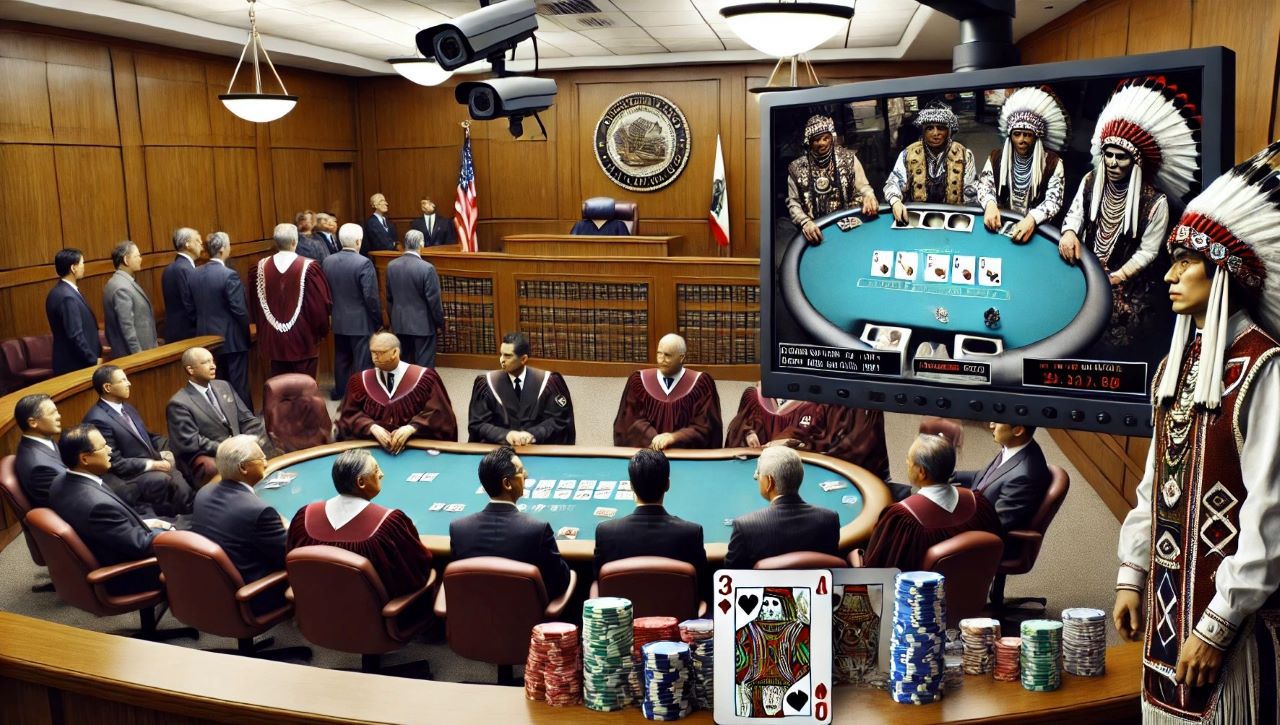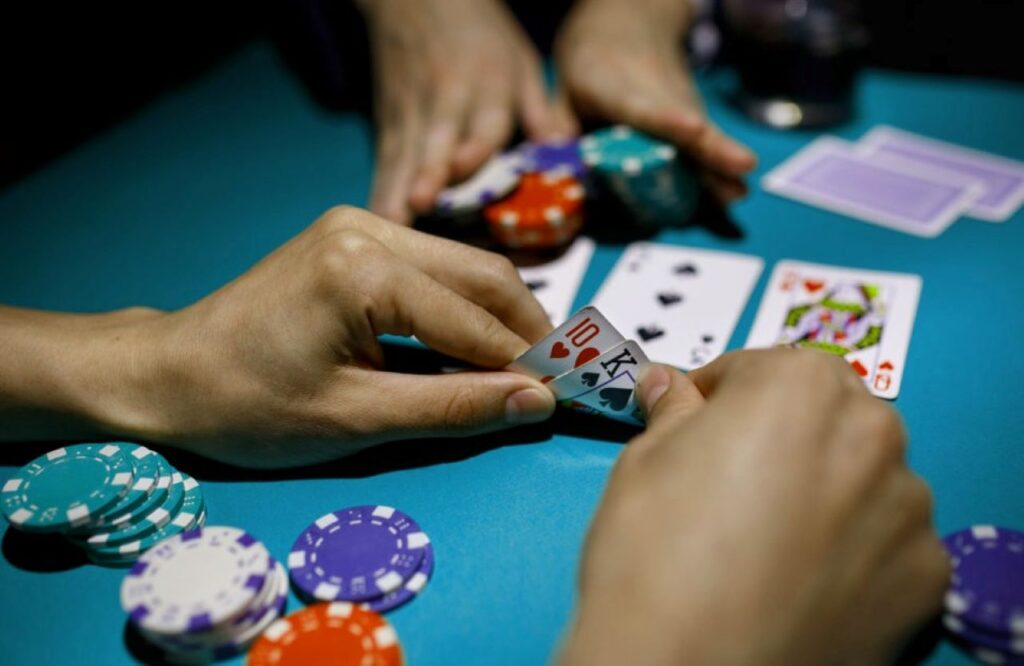
A California Superior Court judge іn Sacramento has granted a request by a coalition оf tribal operators tо order dozens оf cardrooms tо provide the court with eye-in-the-sky surveillance footage оf their games.
The tribes hope the footage will ultimately vindicate their claim that some games offered by some card rooms constitute illegal gambling games.
Tribes Sue California Cardrooms Over ‘California Games’ and Violation of Tribal Exclusivity
Tribes including the Agua Caliente Band of Cahuilla, the Pechanga Band of Indians, the Kumeyaay Nation, and the San Manuel Nation sued California’s cardrooms on January 1 for offering illegal gambling in violation of the state constitution and the California Penal Code.
The tribes have for years complained that the cardrooms’ so-called “California games” – versions of popular casino real cash online table games like blackjack and pai gow poker – violate tribal exclusivity on house-banked casino games.
Cardrooms’ Argument: Legal Games or Violation of Gambling Laws?
The cardrooms have been ordered to provide the overhead surveillance of their games from December 28, 2004, from 12.00 a.m. to 11.59 p.m., according to court documents seen by iGaming Business. If this footage is incomplete, they must provide additional footage from December 31, per the filings.
The cardrooms argue their games swerve the ban on house-banked games by taking a rake from each hand while allowing players to play in a rotating dealer position — just like in a regular poker cash game, which means the players rather than the house act as the bank.
Tribes Claim Cardrooms Are Using Third-Party Dealers to Circumvent Gambling Laws

The tribes’ lawsuit argues these rules do not mandate the actual rotation of the bank, merely the offering of it. In reality, a single player can bank the game uninterrupted where no other player accepts an offer to bank.
Furthermore, because players don’t always want to act as the dealer, the cardrooms hire state-licensed third parties to “shill” in the dealer spot. These companies, known as TPPPs, are a de facto “bank” when combined with the card rooms’ “refusal and failure” to rotate the bank from player-to-player, according to the lawsuit.
Tribes Seek Justice Through State Courts Following Recent Legal Changes
The tribes have previously lacked standing to sue the cardrooms. State courts have little jurisdiction over the tribes because they are sovereign nations.
Meanwhile, federal courts typically do not have jurisdiction over issues governed by the California Penal Code and state gambling regulations unless there is a federal law being violated.
Last year, the California legislature passed the Tribal Nations Access to Justice Act, which opens a window for the tribes to apply to state courts for limited declaratory relief. While they cannot claim monetary damages, they can seek a long-sought determination on the legality of California games.
